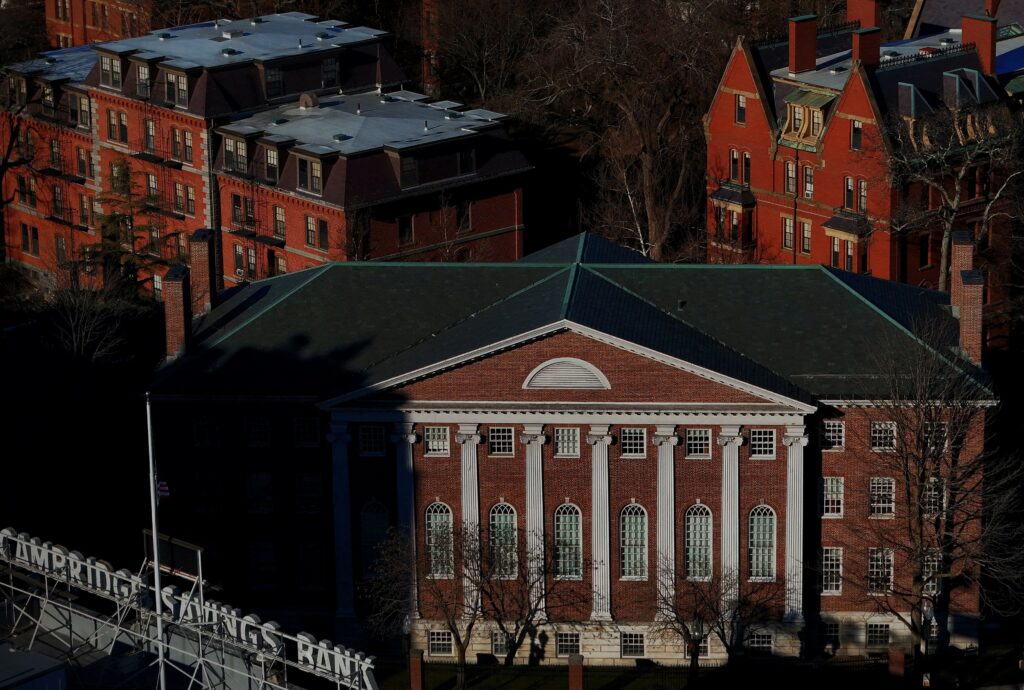
Harvard University is at the center of a political firestorm after the federal government suspended more than $2.3 billion in funding—marking one of the most aggressive financial penalties ever imposed on a U.S. academic institution.
The decision, announced on April 14, 2025, comes as Harvard stands its ground against a series of controversial directives from former President Donald Trump, who has made reshaping higher education a cornerstone of his latest political push.
What Sparked the Clash?
At the heart of the dispute is Harvard’s refusal to comply with a set of federal demands, including:
- Eliminating diversity, equity, and inclusion (DEI) programs
- Overhauling admissions to focus strictly on merit
- Banning masks during campus protests
- Enhancing cooperation with immigration authorities
The university responded by doubling down on its principles. In a public statement, interim president Alan M. Garber said the administration’s attempt to dictate campus policy “threatens the very core of academic freedom.”
The Fallout
Losing $2.3 billion in federal support could send shockwaves across Harvard’s operations. From major research grants to student aid programs, the freeze puts essential university functions at risk.
Federal funding accounted for roughly 11% of Harvard’s operating budget in 2024, and while the university boasts a multi-billion-dollar endowment, experts warn the financial pinch will be felt—especially in cutting-edge research and federally sponsored initiatives.
A Stand Against Federal Overreach?
Harvard’s decision not to bow to federal pressure has been hailed by some as a bold stand for institutional independence. Civil rights groups and academic watchdogs have voiced support, with lawsuits already in motion challenging the legality of the funding freeze.
Meanwhile, other universities—including Columbia—have reportedly agreed to similar federal terms, raising the stakes for what could become a nationwide precedent.



